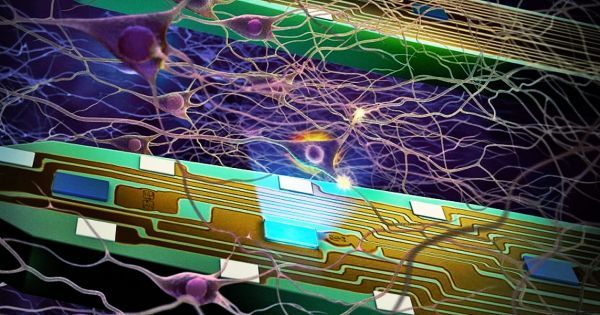Feb 19, 2016
Artificial Kidney Made of Nanofilters and Living Cells to Replace Dialysis
Posted by Shailesh Prasad in categories: biotech/medical, computing, health, nanotechnology
At Vanderbilt University scientists are building an artificial kidney that they envision will one day will be a standard of care over dialysis. The device consists of a silicon nanotechnology filter chip and embedded living kidney cells that would work together to mimic the functionality of a healthy kidney. The end result is expected to be about the size of a natural kidney, small enough to be implantable and powered by the body’s own blood flow.
The filter component has tiny pores that can be individually shaped to perform a specific task. These filters would sit in a series, each one performing a different filtration step. Between the filter slices there would be living kidney cells that perform tasks that the man made components are not very good at, including reabsorption of nutrients and getting rid of accumulated waste.
Here’s video with Vanderbilt University Medical Center’s Dr. William Fissell, the lead scientist on the research:

















